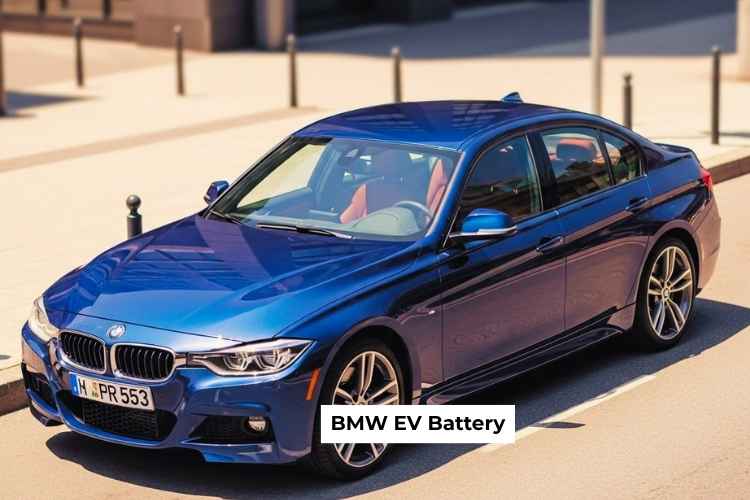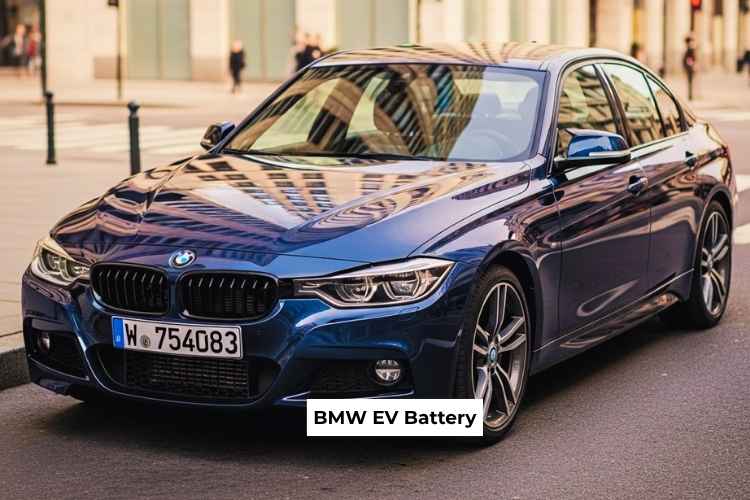BMW EV Battery: BMW is pushing the boundaries of EV reliability by introducing a zero‑defect strategy for its high-voltage batteries—part of its Neue Klasse lineup. Simply put, BMW wants drivers to never worry about battery safety, performance, or longevity. That’s ambitious—but with AI, cutting-edge inspection methods, and global quality standards, BMW is aiming to deliver truly worry‑free electric cars.

Table of Contents
BMW EV Battery: Why Zero Defects Matter
- EV battery failures are rare but costly. A single faulty cell or weld can disable an entire pack, leading to expensive replacements and reputational risk.
- Consumers expect peace of mind. By preventing defects at scale, BMW builds trust and long-term satisfaction.
- As part of the Neue Klasse strategy (launching in 2025), BMW transitions to an 800‑volt architecture with higher performance, making flawless battery production even more essential.
Building Blocks of BMW EV Battery Zero‑Defect Strategy

AI‑Powered Inspections & Inline Monitoring
Every battery production step is digitally monitored. From coating electrodes to welding contact points, BMW uses AI-supported quality checks to detect anomalies in real time, enabling instant corrective action and minimizing variability.
Cell‑to‑Pack Architecture & Uniform Integration
BMW’s Gen6 high-voltage battery integrates cylindrical cells directly into the pack—eliminating separate modules or weld inconsistencies. This “structural pack” design improves safety and reduces failure points.
Pilot Plants & Global Rollout with Local‑for‑Local
BMW has operated pilot battery plants since 2023 in Parsdorf, Hallbergmoos, and Munich’s FIZ to refine and test these processes. By end‑2025, it plans five full series-production battery plants in Germany, Hungary, China, Mexico, and the U.S. Each facility will follow the same zero‑defect protocols.
Digital Production Twins and Smart Training
BMW uses digital twins of production lines for staff training, simulations, and optimization. Combined with data‑driven logistics, this ensures consistent quality across sites and equipment.
Traceability and 100% Final Acceptance
From the moment battery cells arrive, every unit is assigned a digital record, tracking its lifecycle. Additionally, every finished pack undergoes 100% end-of-line inspection before installation to ensure full compliance.
BMW EV Battery – At a Glance
| Dimension | Description |
|---|---|
| Production technology | AI‑driven inspections, inline sensors, predictive analytics |
| Cell architecture | Cylindrical Gen6 cells integrated cell‑to‑pack with structural design |
| Global footprint | Pilot plants in Germany + series plants by end‑2025 in five continents |
| Training tools | Digital production twins for employee learning and system simulation |
| Traceability | Full digital records for each cell/pack + 100% final inspection |
| Target outcome | Zero defects, zero surprises—delivering safe, reliable EV batteries to drivers |
Conclusion
BMW’s zero-defects strategy isn’t a slogan—it’s a deep, tech-informed commitment to reliable electric mobility. By merging AI-enabled systems, global process consistency, and live inspections with traceability, BMW is designing EV batteries meant to drive without worry. As Neue Klasse launches in late 2025, BMW aims to set new standards for safety, durability, and reliability in EV manufacturing.
For drivers, investors, and industry watchers alike, BMW’s approach is a compelling blueprint for how high-quality EV production can—and arguably must—look.
Bhakti Rawat is a Founder & Writer of InsureMyCar360.com. This site Provides You with Information Related To the Best Auto Insurance Updates & comparisons. 🔗
